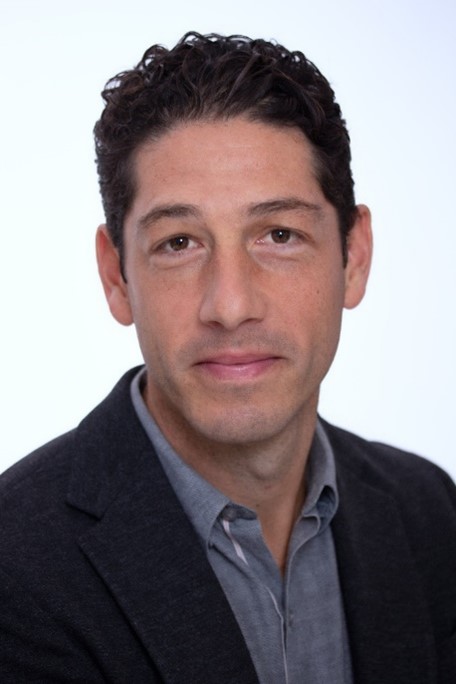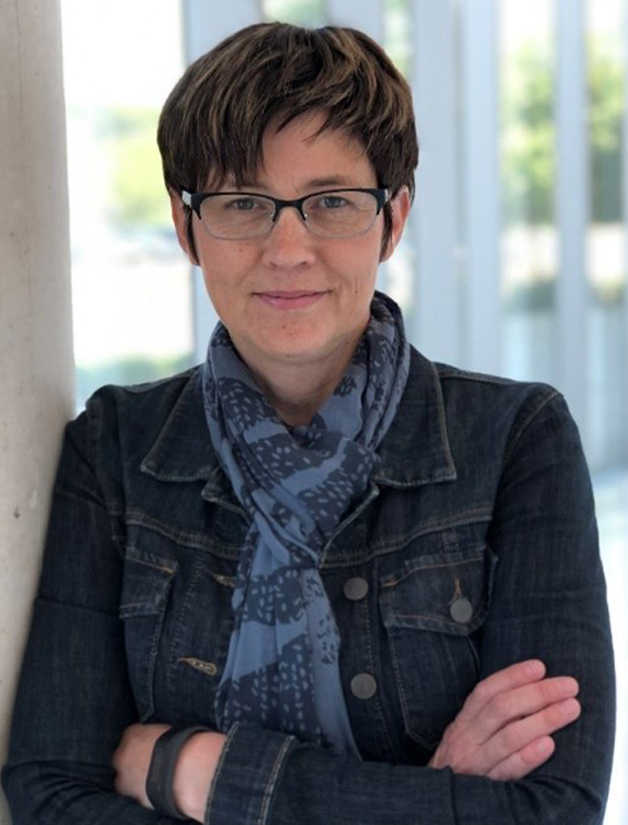Closing the Care Gap in Children's Cancer and Northern Communities
World Cancer Day is February 4, and this year's theme is "Close the Care Gap". The first year of the "Close the Care Gap" campaign is about understanding and recognizing the inequities in cancer care around the globe. World Cancer Day recognizes the work cancer researchers do every day to improve the quality of life of the more than 1 million people in Canada who are living with cancer. CIHR is one of the leading cancer research funders in Canada. The CIHR Institute of Cancer Research supports a wide range of research on preventing and treating cancer and improving the health and quality of life of cancer patients.
International Pharmaceutical Policy and Drug Access for Children with Cancer

Dr. Denburg and his team at the Centre for Global Child Health in SickKids' Research Institute are engaged in projects on cancer drug access in a range of health system settings. The team has also developed the first forecasting model for childhood cancer medicines, which enables evidence-based estimates of drug need and cost by agent and disease in 200 countries worldwide, tailored to childhood cancer demographics, incidence, and treatment protocols. Photo courtesy of Avram Denburg.
Dr. Avram Denburg is a researcher at the Centre for Global Child Health in SickKids' Research Institute. A major focus of Dr. Denburg's research includes pharmaceutical policy and drug access for children with cancer internationally. Along with his team at the Centre for Global Child Health, Dr. Denburg has conducted detailed comparative analyses of the availability, cost, and determinants of access to childhood cancer medicines in the Caribbean, Latin America, and sub-Saharan Africa. These projects have involved national Ministries of Health and supranational governance institutions, resulting in evidence for national and regional reforms in pharmaceutical policy to support sustained access to essential cancer treatments.
Dr. Denburg's team has also developed the first forecasting model for childhood cancer medicines, which enables evidence-based estimates of drug need and cost by agent and disease in 200 countries worldwide, tailored to childhood cancer demographics, incidence, and treatment protocols. This tool will enable institutions, national governments, regional governance bodies, and global health organizations to engage in evidence-based procurement and supply management of childhood cancer medicines, to mitigate stockouts, assure quality, and control prices.
These research endeavours are supported by sustained collaborations with national and international partners, including:
- The World Health Organization
- The Pan-American Health Organization
- World Child Cancer
- The International Society of Pediatric Oncology
The unifying objective of Dr. Denburg's research is to generate policy-relevant evidence to strengthen childhood cancer care in a wide array of health system contexts, with the ultimate goals of closing the care gap and improving outcomes for children with cancer globally.
Accessing Care in Northern Communities

Tracey Galloway, Associate Professor, Department of Anthropology at University of Toronto Mississauga. Photo courtesy of Tracey Galloway.
Tracey Galloway is an Associate Professor with the Department of Anthropology at the University of Toronto-Mississauga. In 2014, Galloway partnered with Dr. Gwen Healey Akearok, Executive Director of the Iqaluit-based Quajiartiit Health Research Centre to undertake a community-based assessment of cancer services in the territory.
This partnership was enabled by widespread recognition among our Nunavut research partners at Nunavut Tunngavik Inc. and the Nunavut Department of Health that the experience of cancer diagnosis and treatment was radically different for residents of Nunavut than for people living further south. Galloway has also collaborated with Dr. Roberta Woodgate, University of Manitoba, on a CIHR-funded study examining the experiences of childhood cancer survivors.
Galloway has contributed to an assessment of cancer and chronic diseases in the territory of Nunavut. From 1999-2011 cancer was the leading cause of mortality in Nunavut, an astounding fact given the lack of cancer services available in the territory's 25 communities.
She advocates that we can do more as a society to ensure that the care Canadians receive in their own communities is provided by people they know and trust through smooth communication between local and southern care providers during cancer diagnosis and treatment.
- Date modified: